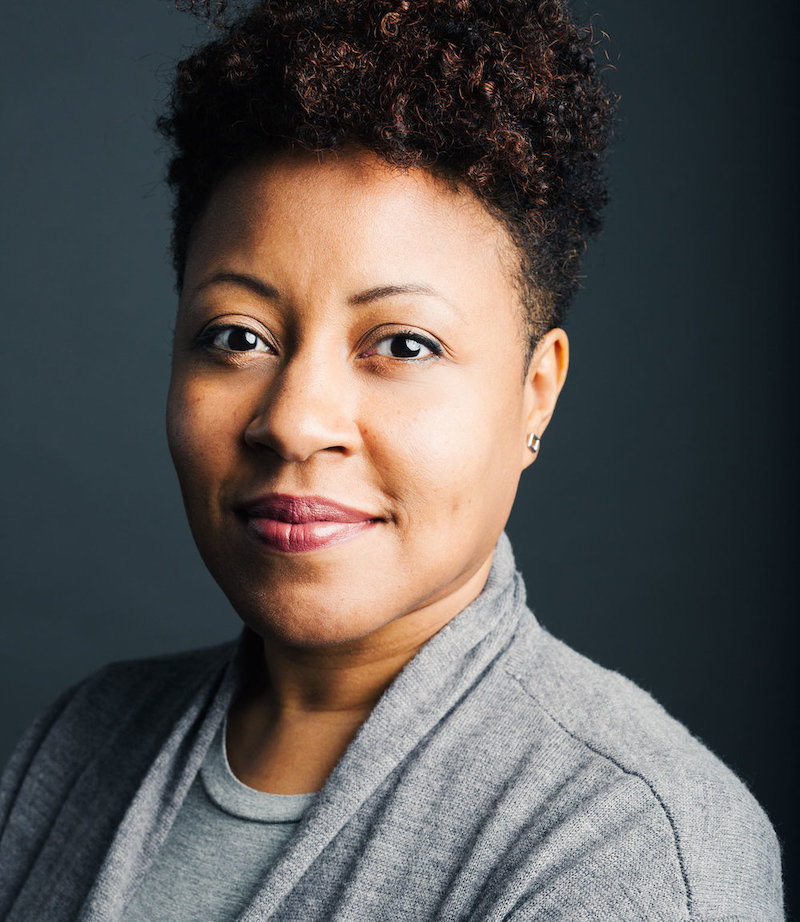Spotlight on Kadija Ferryman
Helping students understand ethical dilemmas they could face as engineers
Assistant Professor in the Department of Technology, Culture and Society Kadija Ferryman teaches a course in ethics and technology and traces her interest in the topic back to her graduate school days, when excitement was building about the Human Genome Project and the possibility of identifying and mapping every gene. There were, she realized, ethical pitfalls in having that type of data, given its potential for misinterpretation or misuse.
 Although her research focuses specifically on health information technologies, she explains that developing and using any type of tech requires careful consideration of the moral dilemmas it may pose and the ways it may negatively affect marginalized groups.
Although her research focuses specifically on health information technologies, she explains that developing and using any type of tech requires careful consideration of the moral dilemmas it may pose and the ways it may negatively affect marginalized groups.
She devotes a portion of her ethics and technology course to examining women’s issues, including how systemic discrimination against half the world’s population can be traced, in part, to data bias. “Consider transportation data,” she says. “Women are more likely than men to take public transportation and to do unpaid care work, and this means that women more often engage in a process called ‘trip-chaining,’ which includes transportation with multiple stops such as dropping children at school, taking an elderly relative to an appointment, or going to a grocery store. In the Ethics and Technology course, we examine a case in Sweden where snow-clearing policy was changed so that pedestrian pathways were cleared of snow first, before major roadways. After the policy was implemented, the frequency of snow-related injuries such as falls, which disproportionally affect women, went down. This not only had a positive preventative health effect, but also saved costs related to treatment and lost wages.”
Bias is a frequent feature of algorithmic technologies, and it shows up in countless other ways as well, she asserts, from artificially intelligent human resources systems that discriminate against female candidates to automotive safety features that don’t account for women’s typically smaller frames.
Ferryman wants her students to understand that the ethical dilemmas they could face as designers and engineers do not take place in a vacuum but within the context of broader social hierarchies. She stresses to them that technology is not separate from society, but rather, a product of society, and she feels confident that they’ll leave Tandon prepared to make ethics and equity considerations as they embark a career path.
She is especially heartened and excited about a new initiative within the Department of Technology, Culture and Society, whereby students can choose to minor in Feminism and STEM. “That was in the works when I arrived here as a faculty member last year,” she says, “and watching it become reality has affirmed to me that at Tandon, we’re educating the STEM professionals needed to forge a more just, inclusive world.”


